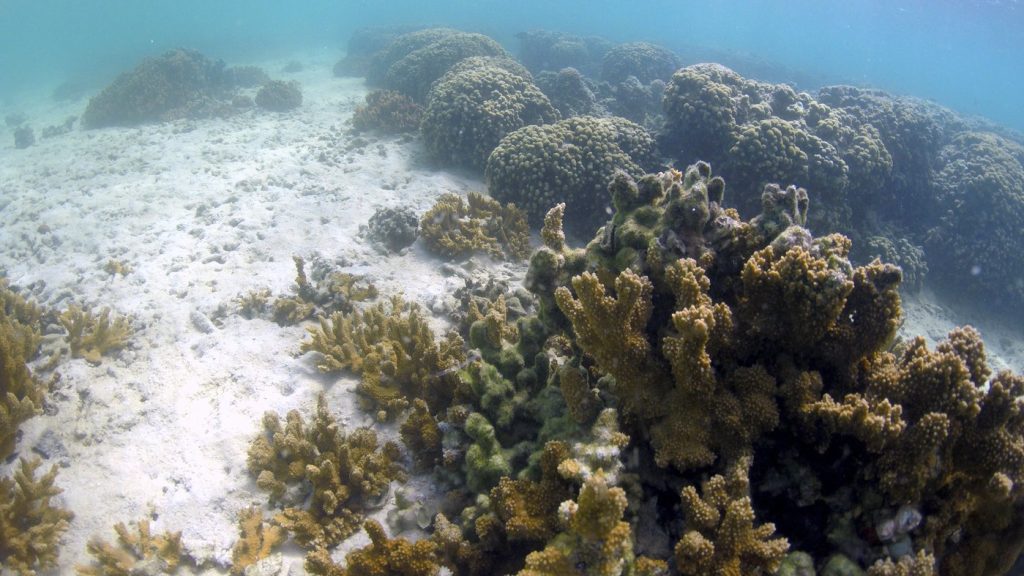HONOLULU (AP) — Honolulu's ongoing legal battle against major oil companies, including ExxonMobil, Shell, and Chevron, seeks to hold them accountable for climate change damages. While similar lawsuits are occurring across the United States, Honolulu's case has advanced further in the courts. A critical hearing is set for Tuesday, which will illuminate the legal strategies of both sides.
The city of Honolulu initiated the lawsuit in 2020, alleging that these fossil fuel companies had been aware for nearly half a century of the harmful effects of their products, which generate greenhouse gas pollution and contribute significantly to global warming and climate change. The lawsuit argues that the companies have profited from the sale of oil, coal, and natural gas while misleading the public about the role of these products in exacerbating the climate crisis.
Central to the lawsuit is the claim that the major oil companies are responsible for rising sea levels impacting the world-famous coastline of Oahu. Additionally, the complaint warns of increased occurrences of hurricanes, heatwaves, and other extreme weather events, alongside rising ocean temperatures that threaten marine life and coral reefs, which are vital for tourists interested in snorkeling.
The lawsuit seeks unspecified damages from the companies. Representatives from most of the accused oil companies did not respond to requests for comment from The Associated Press. However, ConocoPhillips and Phillips 66 indicated that they do not comment on ongoing litigation.
A defense motion to dismiss the lawsuit is scheduled for hearing on Tuesday, arguing that the claims exceed the two-year statute of limitations set by the state. The defense contends that the issues surrounding climate change have been widely known for decades. A spokesperson from Shell stated that the public discourse regarding climate change is extensive and well-documented, implying that the plaintiffs could not have been unaware of the climate issues at stake.
This lawsuit is currently closer to trial compared to other similar cases filed by various states, cities, and counties across the nation. According to Michael Gerrard, founder and faculty director of the Columbia University Sabin Center for Climate Change Law, the outcome of this case could attract significant attention, as the oil companies have yet to testify in court regarding their practices.
Honolulu's lawsuit's progression can be attributed to supportive rulings from the Hawaii Supreme Court, which rejected motions to dismiss the lawsuit. The U.S. Supreme Court also declined to intervene in the case. In contrast, a similar lawsuit filed by Maui County, which was initiated after a devastating wildfire nearly two years ago in Lahaina, is currently on hold.
The state of Hawaii has launched its own lawsuit against fossil fuel companies despite the U.S. Department of Justice filing its legal challenge against Hawaii's plans to sue, claiming such actions conflict with federal authority. In response, Hawaii's attorney general recently filed a motion to halt the Department of Justice's lawsuit, claiming it would undermine the state's right to pursue legal action against non-federal entities.
Prominent Harvard professor Naomi Oreskes has also intervened in the case, submitting a declaration that draws parallels between the fossil fuel industry and the tobacco sector. She argued that both industries have historically engaged in efforts to sow doubt about the impacts of their products, particularly concerning climate change.
Prior to a scheduled trial for a youth-led lawsuit against Hawaii's transportation department, both parties successfully reached a settlement last year, committing to an ambitious goal of achieving zero greenhouse gas emissions across all modes of transportation by 2045.











